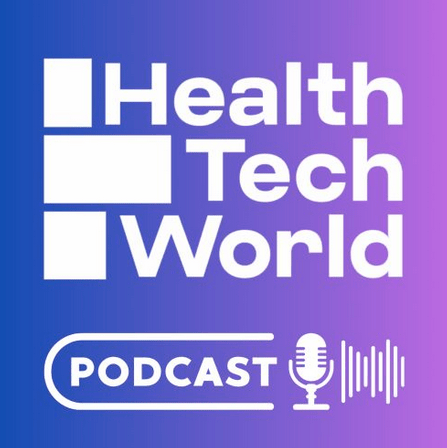News
A new study has leveraged Google Street View to assess links between an individual's environment and their cardiovascular outcomes. Is the view from your doorstep mostly trees and sky or buildings and grass? The answer could influence your cardiovascular health, according to a study due to be presented at the American College of Cardiology’s Annual [...]
A new Northwestern Medicine study tested a specially designed ChatGPT to see if it could successfully provide answers to patients’ common questions about radiation oncology. Those behind the research say that patients may be too overwhelmed to address all their concerns during a clinical visit or forget what the physician told them. The study showed [...]
A team of researchers have developed a new machine-learning model that can precisely make prognosis predictions for patients with osteosarcoma, based on the density of viable tumour cells post-treatment. Researchers at Kyushu University have developed the model which accurately evaluates the density of surviving tumour cells after treatment in pathological images of osteosarcoma. It can [...]
The rapid rise in investment in psychedelic R&D has been propelled by the high unmet need of, an increased prevalence of, mental health disorders after the pandemic. In this week's Health Tech World Podcast, Hayim Raclaw, Principle at Negev Capital, discusses whether psychedelic-based medicines are the answer to the global mental health epidemic. Listen now [...]
A new AI-based learning tool has been developed by Arizona State University scientists which has uncovered new information about how an individual person’s immune system responds to foreign cells. The tool, called HLA Inception, can classify a specific group of proteins called Major Histocompatibility Complex-1(MHC-1), in seconds. These proteins are unique for each individual and [...]
A team of scientists have identified unique molecular signatures of sepsis, harnessing AI to improve diagnosis and identify patients most likely to develop severe symptoms and suffer poor outcomes. Researchers from Lund University in Sweden have identified distinct molecular signatures associated with the clinical signs of sepsis that could provide more accurate diagnosis and prognosis [...]
Researchers from Osaka University in Japan are using machine learning to identify patients more likely to survive traumatic injury if treated with tranexamic acid. Worldwide, approximately 4.5 million people die of traumatic injury every year, many of these from blood loss. Early treatment with a drug called tranexamic acid stops excessive bleeding by reducing the [...]
Four inspirational leaders have been shortlisted for Young Health Tech Leader of the Year, sponsored by Fearsome. The four submissions will now be judged by the category sponsor, with the winner announced at a virtual ceremony on April 18. The award attracted a number of high quality entries from around the world, with these four [...]
Digital transformation solutions provider Open Medical Europe has entered into a strategic distribution agreement with Tamer Healthcare, a prominent corporation based in the Kingdom of Saudi Arabia. The strategic alliance appoints Tamer Healthcare as the exclusive distributor of Open Medical's digital solutions across the entire territory of Saudi Arabia. Under the agreement, Tamer Healthcare will [...]
The AI model ChatGPT can write administrative medical notes up to ten times faster than doctors without compromising quality, according to a new study. Administrative tasks take up a large share of a doctor’s working hours, reducing the time for patient contact and contributing to a stressful work situation. Researchers at Uppsala University Hospital and [...]












